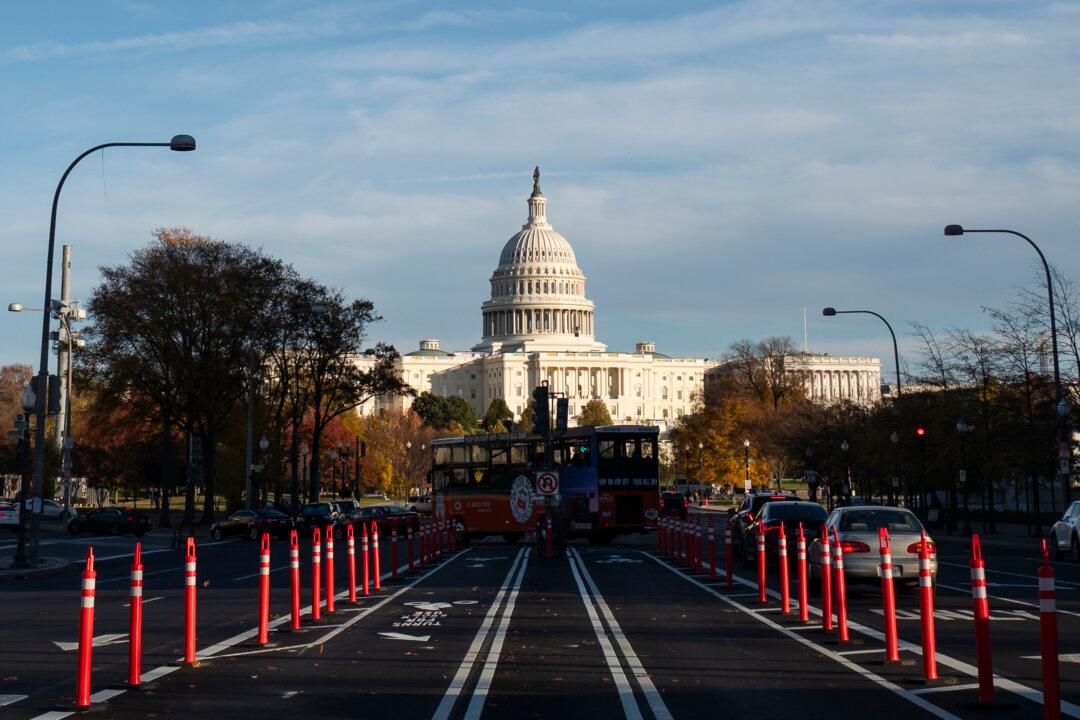President Joe Biden yesterday announced a pardon of his son Hunter. The decision comes after previously repeatedly saying that he would not do so. Read more here.
The 118th Congress is wrapping up, but it isn’t quite vacation time yet. Before the House and Senate depart for their Christmas break, they will have to pass crucial spending legislation to avoid a government shutdown on Dec. 20, when current government funding expires.





